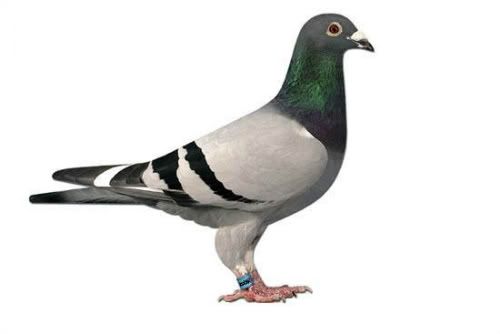Charles Clark came to Fullerton in 1908. He began work with the Post Office in 1911 and served as Fullerton's Postmaster from 1952 until his retirement in 1957. In 1971, Anne Riley interviewed him for the Fullerton College Oral History Program. Here are some of his recollections of early Fullerton.
On why he moved here
"We were going to Los Angeles and there was a big sign there by the depot. It said, 'three thousand carloads of oranges shipped each year and two hundred carloads of English walnuts.' I always liked English walnuts and oranges, so I thought that's where I'd like to live, and so did my folks. So we located there."
On the smallest park in the United States
"They have the smallest park in the United States by the mail box down in front of the post office there on Commonwealth. It was twelve by twelve. It had a little fence around it and sweet peas grew. It was advertised as the smallest park in the United States. People came from all around to see it."
On who picked and packed the thousands of carloads of oranges.
"Mexicans."
On the Spanish flu epidemic of 1918
"So many people died. One time, down at the depot, there were eighteen coffins there to be transferred back east…Here in Fullerton, for about two or three weeks in the post office they'd call up there and want somebody to be pallbearers. For one or two weeks there, I was pallbearer three or four times…It was sad…Here, there were just so many people that died."
On fingerprinting Germans during WWI
"There were so many Germans, and there were quite a few Germans here who'd never been naturalized. So I had to take fingerprints of the Germans. These old German ladies that I knew, I'd take their fingerprints, and I'd sit down with them and they'd cry and I'd cry. Some of them are prominent citizens here now, that I know."
On war bonds
"If people wouldn't buy war bonds, pressure would be put on them. I know one prominent citizen here who was a very rich man. He was German. He said, 'To hell with them.' He wasn't going to buy any bonds. But when he came up to town he couldn't buy any food. He couldn't buy anything. People wouldn't sell him a cigar even. So he came through with five thousand dollars."
On the Ku Klux Klan
"It was quite active here, believe me. I didn't join it, but I had a lot of invitations. A lot of the prominent people did. They'd get everybody kind of up in arms, you know. They had a big sign right on the corner of Commonwealth and Spadra (how Harbor) there, 'KKK.' We didn't have any black people here at all. I don't know. It was just one of those things, I guess. But now, look back and see how foolish it was."
On who delivered vegetables
"Chinamen."
On taking baths at the barbershop
"We didn't have all the conveniences we have now. We didn't have very sanitary plumbing. I don't know if many had hot water heaters. A lot of us took a bath uptown there at the barbershop. It cost twenty-five cents to take a bath. That's where a lot of us fellows took a bath."
On pigeon racing
"We had pigeon racing in those days. Kids now have, oh, everything they see, television, radio, motorcycles and everything else. But in those days, we had pigeon racing. Once I had five hundred miler [race] from Marysville, California."

